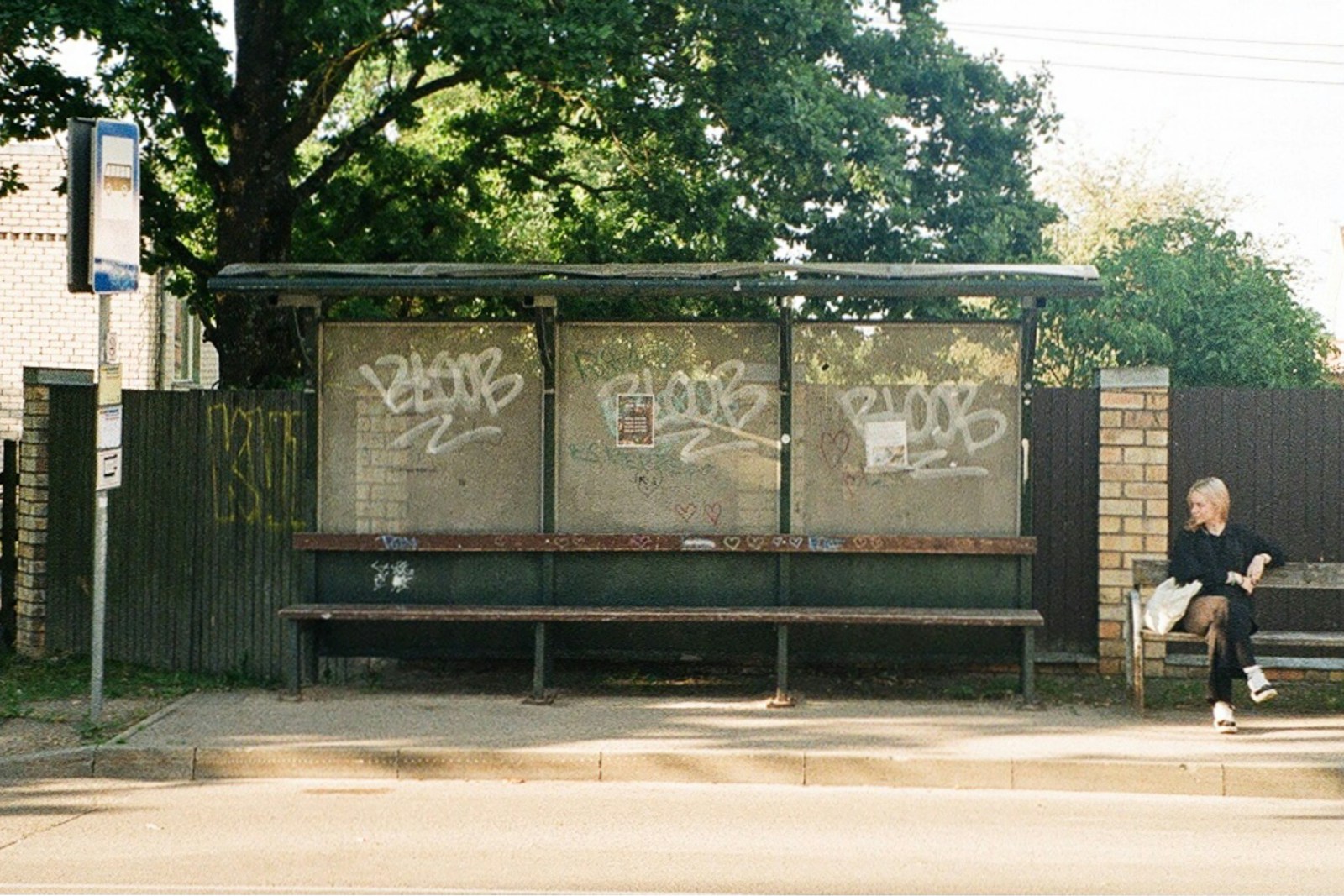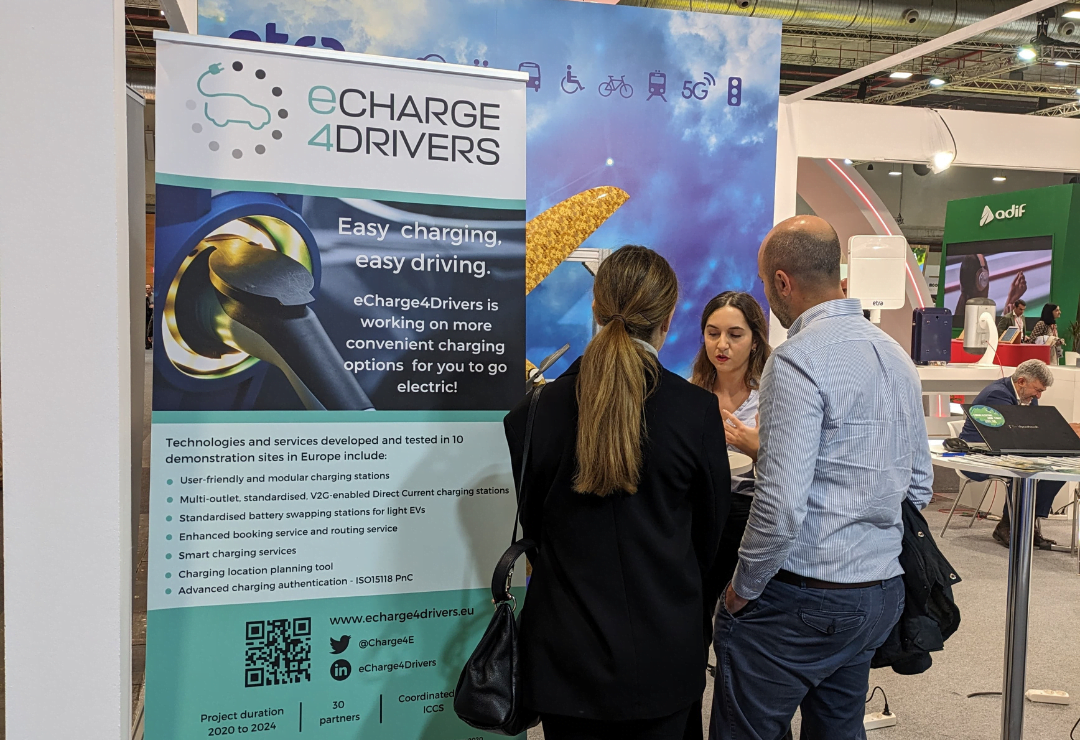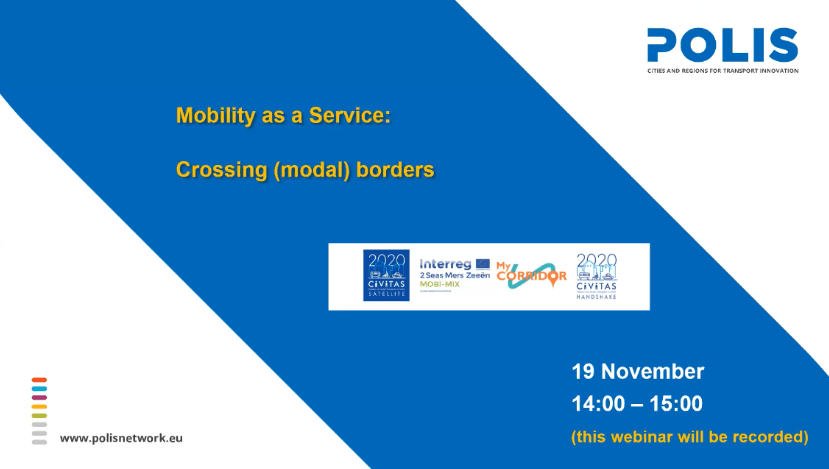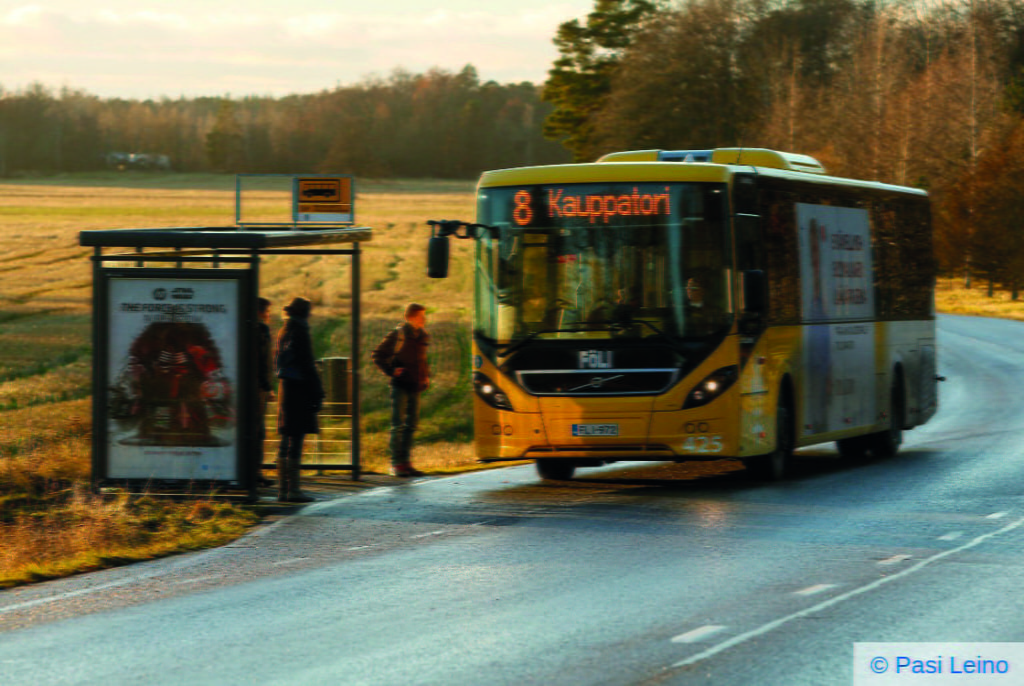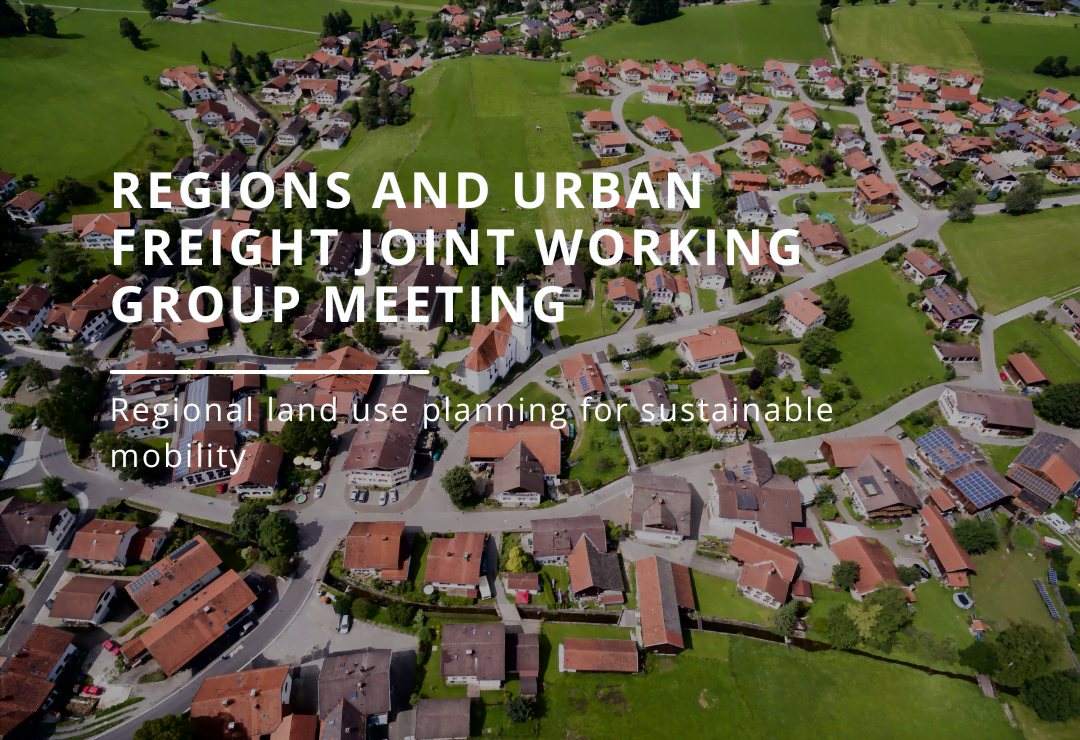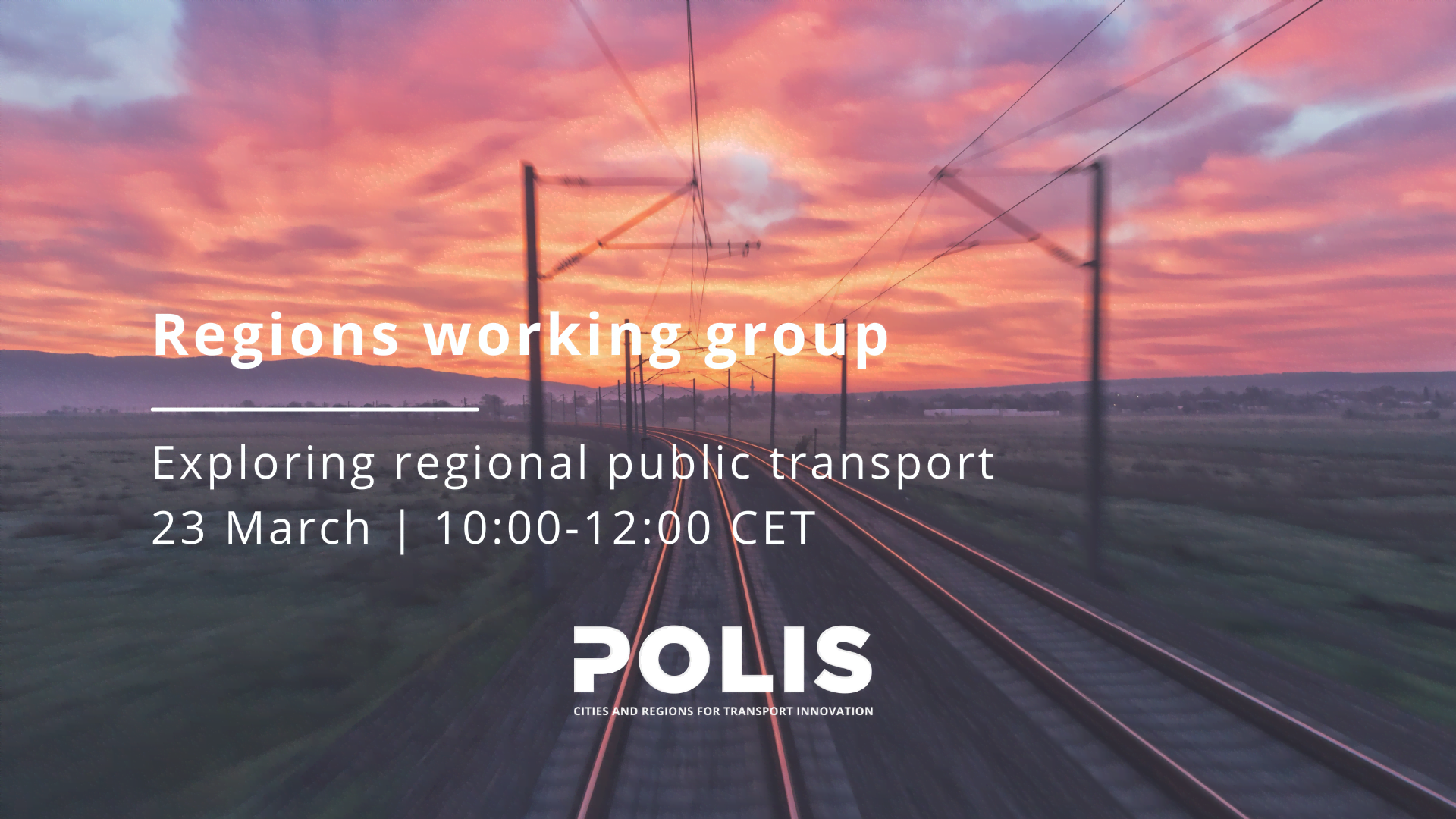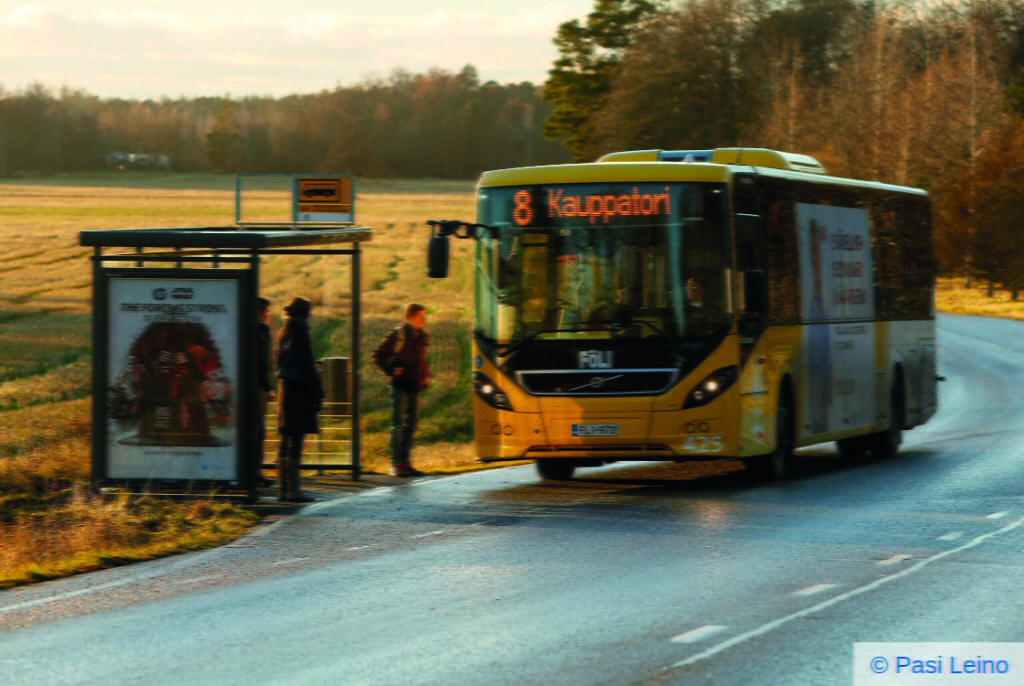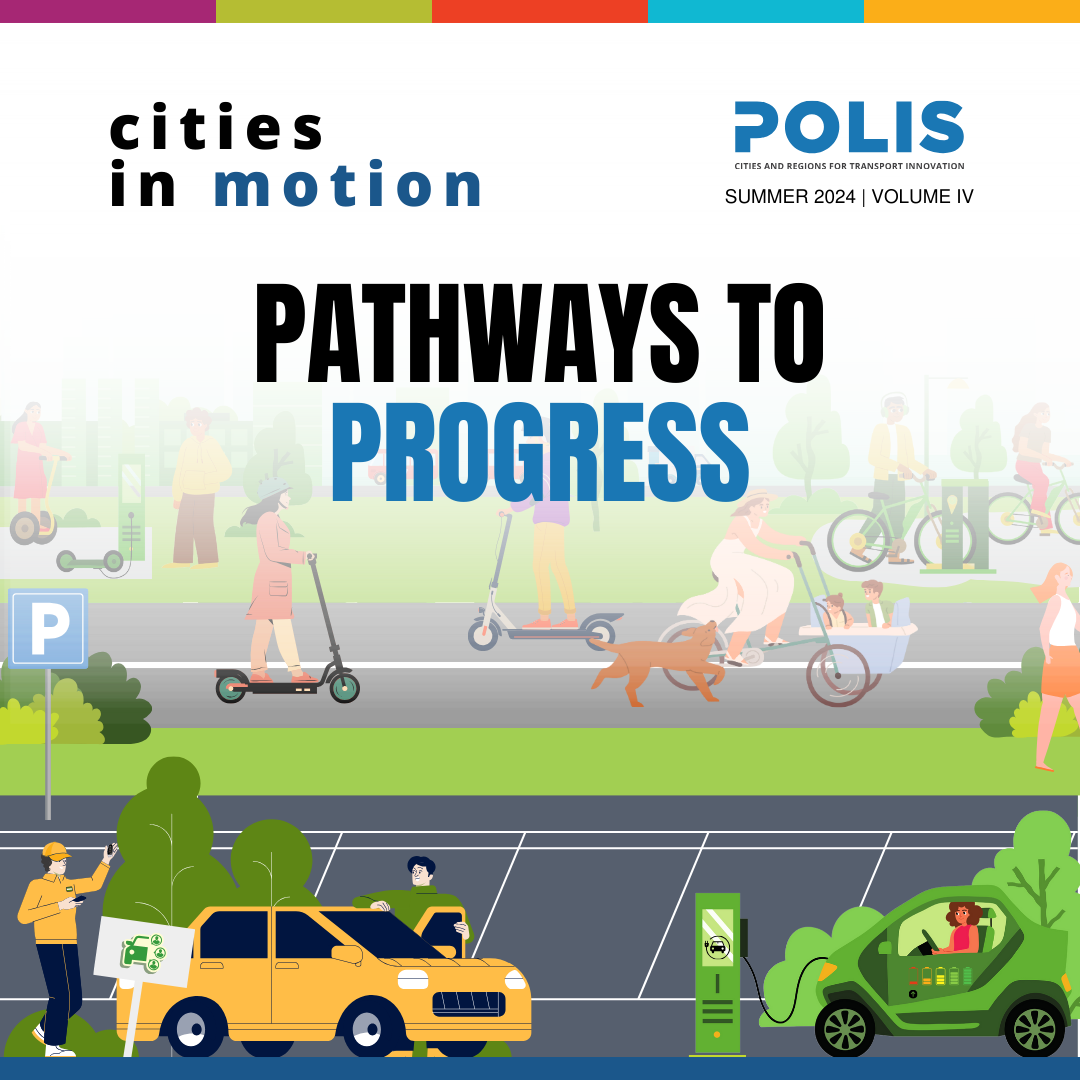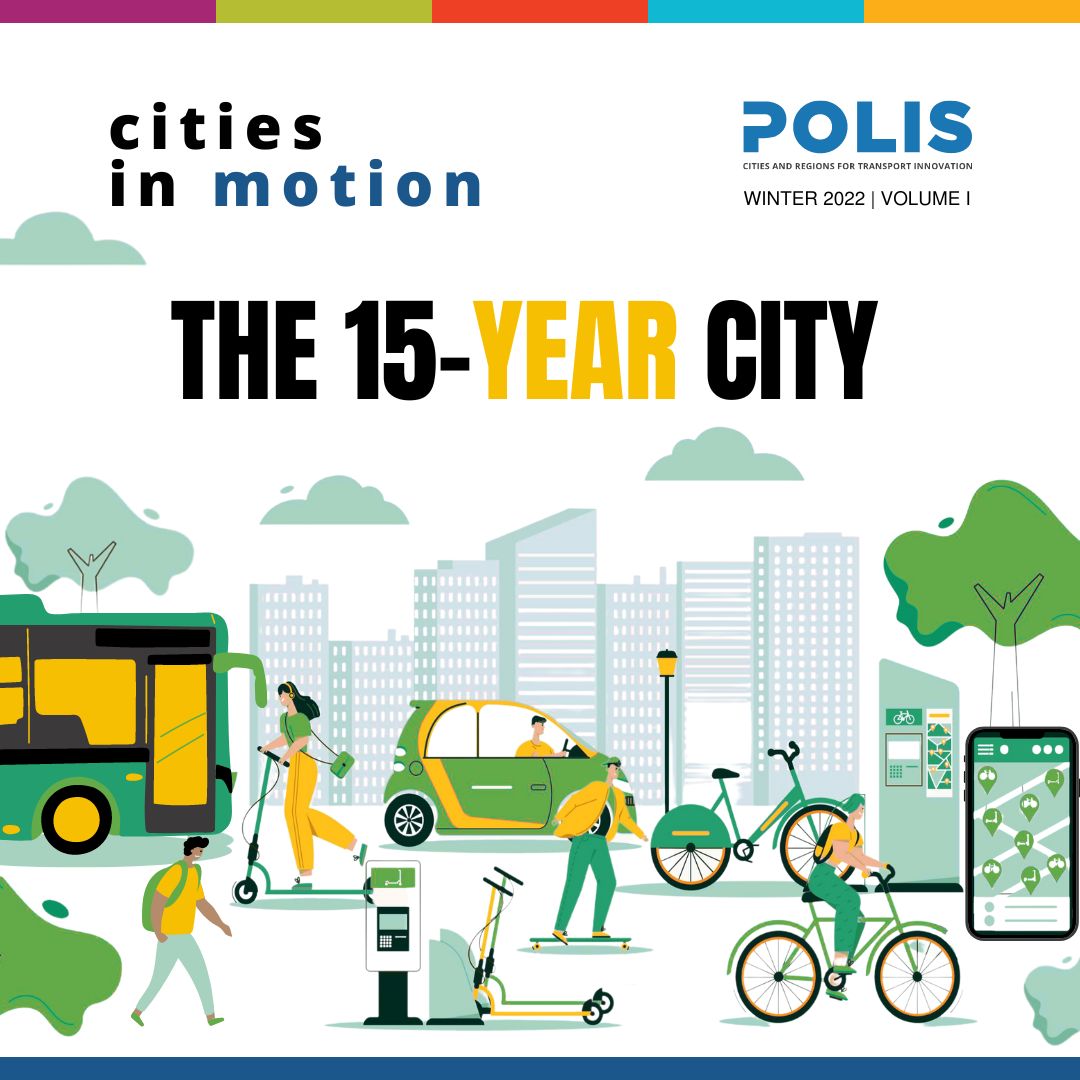Rural and Suburban mobility
Rural and suburban mobility represents a critical aspect of transport infrastructure, playing a pivotal role in connecting people, goods, and services across less densely populated areas. Unlike urban centres with well-established public transit systems, rural and suburban regions often face unique challenges related to transportation, necessitating a place-based approach to mobility solutions.
In rural areas, the vast areas of land and low population density present obstacles to traditional public transportation systems. Limited access to reliable and frequent transportation options can result in isolation, particularly for those without personal vehicles. Suburban areas, characterised by a mix of residential, commercial, and industrial zones, often experience traffic congestion and dependency on private vehicles. The suburban lifestyle relies heavily on automobiles, leading to challenges such as increased pollution, longer commute times, and parking issues. Hence, innovative solutions tailored to the specific needs of suburban and rural areas are essential for creating more balanced and environmentally friendly transportation systems.
Investments in infrastructure development and policy frameworks that prioritise the unique needs of rural and suburban areas are essential for fostering sustainable mobility at a regional and metropolitan scale. Collaborative efforts between public and private sectors are crucial for identifying and implementing effective solutions. By addressing the specific challenges of rural and suburban mobility, cities and regions can ensure that all individuals, regardless of their location, have equitable access to efficient and sustainable transportation options, fostering social and economic connectivity.
Projects and Working Group activity
Through the POLIS Regions Working Group, our member regions have been actively looking at innovative solutions and policies to tackle the rural and suburban mobility challenges. Joint meetings with other Working Groups have taken place to explore specific topics such as regional SUMPs, transport-oriented development frameworks, mixed land-uses policies, and intermodality solutions.
There is no one solution fits all to solve rural and suburban mobility challenges, thus, POLIS has been actively involved in discussions around the TEN-T network and in European projects developing new solutions.
From eBRT2030, trying to improve connectivity between urban and suburban districts, SMAPE, bringing shared mobility solutions in suburban and rural areas, and ESCALATE, developing long-haul electric trucks to decarbonise regional and transnational freight transport, the connectivity challenge in rural and suburban areas is key in achieving more efficient and sustainable transportation systems.
